Search

Ag Business
Modern agriculture requires savvy financial planning and strategy.
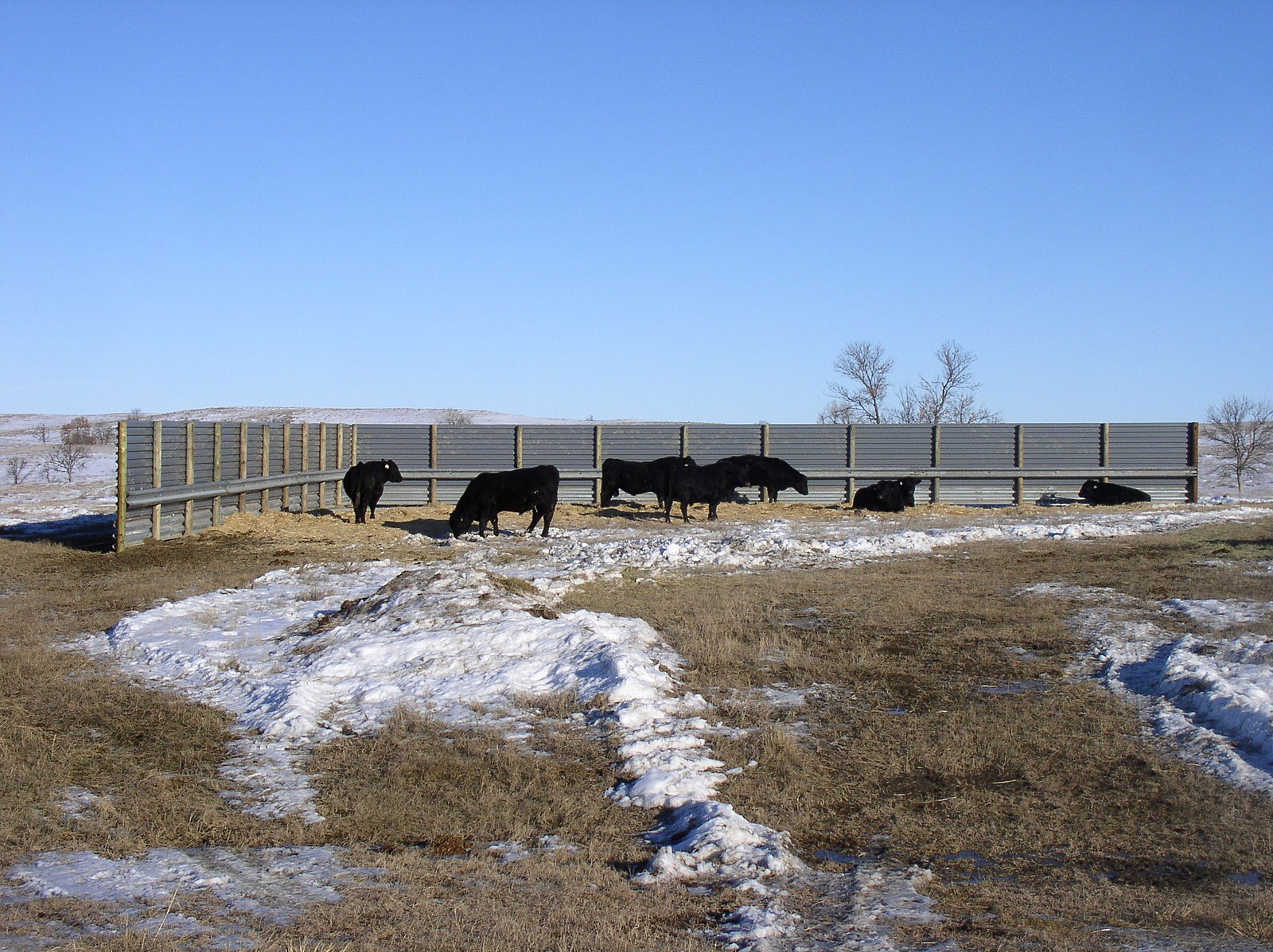
Don’t Discount the Need for Vitamin A and E in Beef Cows During Winter
Supplying sufficient Vitamin A and Vitamin E to cows in late gestation is important every year. Vitamins A and E are plentiful in green forages, but tend to be much lower in hay and winter range and continue to decline as the fall and winter progress.
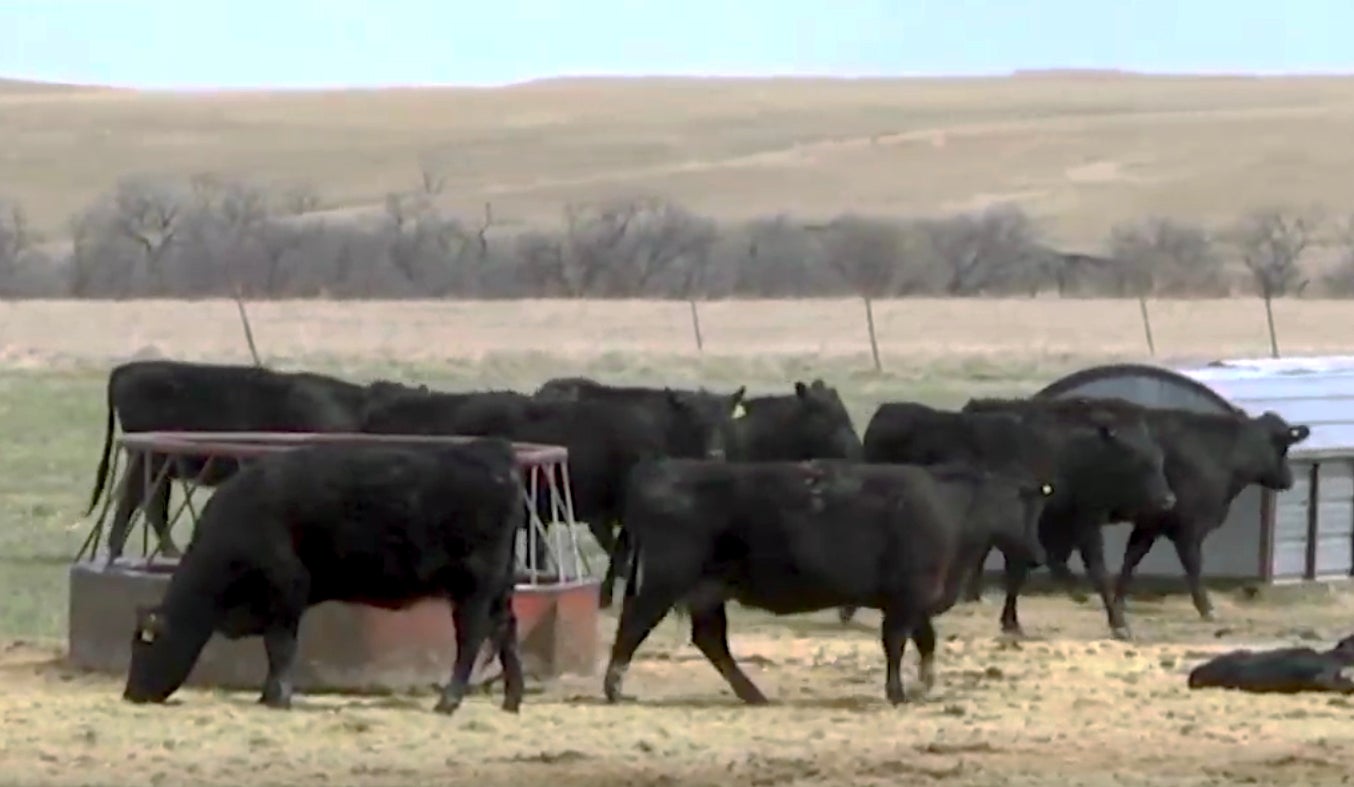
Clearing up Confusion on Protein and Energy Supplements
Differentiating between protein and energy supplements is key to developing an effective cattle supplementation program, but it can be very confusing. With the multitude of feed options available, understanding types of feeds and nutrient requirements will help ensure cattle perform optimally.
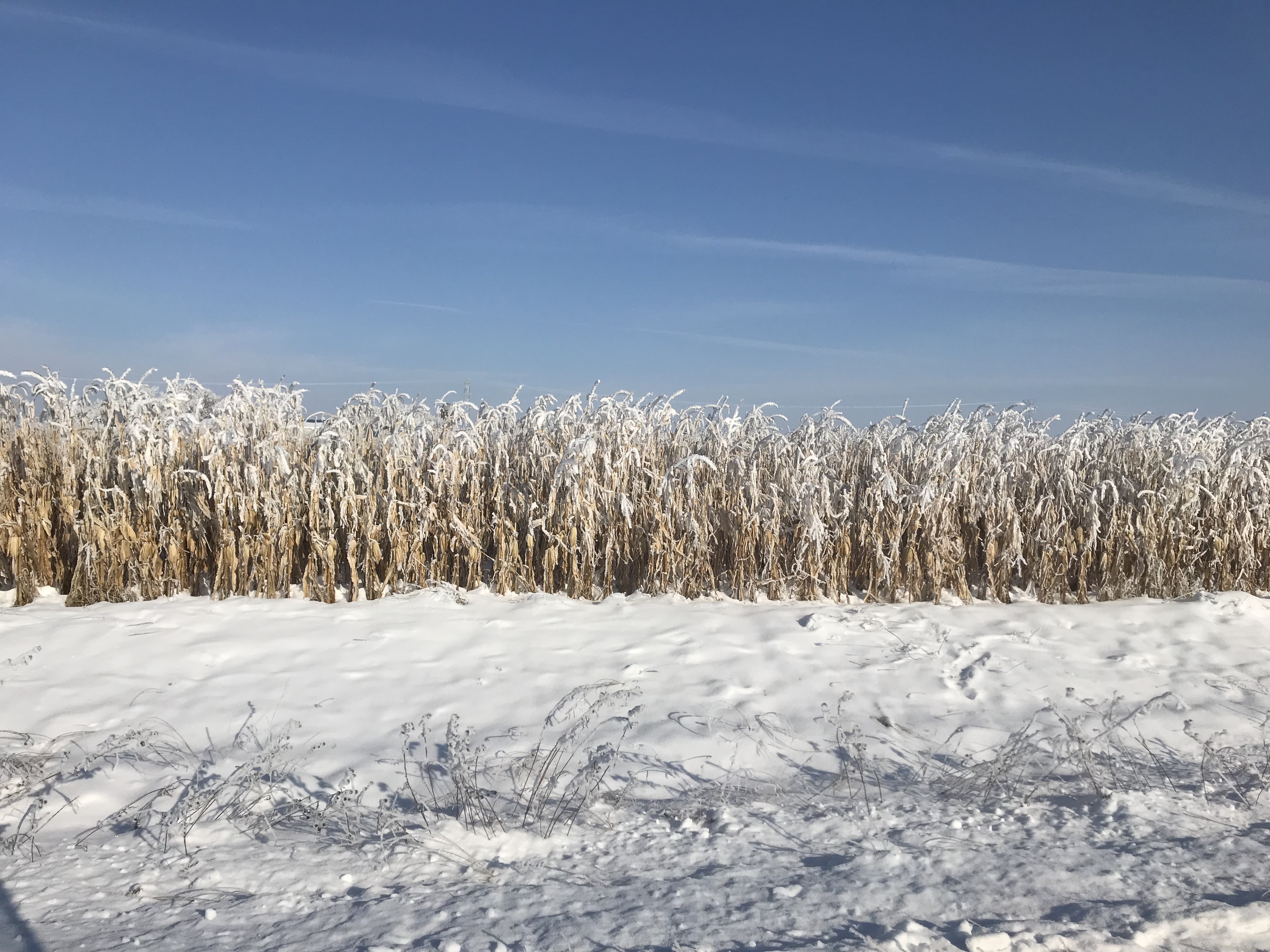
Wet Corn: Storage and Late Harvest Options
With a very challenging harvest in many parts of south and southeastern South Dakota this year, farmers were faced with difficult decisions. Wet, unfrozen ground in many areas and high grain moisture forced many farmers had to make a decision: harvest the wet grain, or let it stand in the field.

Keeping the Dairy Cow Healthy Means Keeping Her Gut Healthy
While we usually think of a cow’s gut simply as the organ system responsible for digestion and absorption of nutrients, it also plays other critical roles. Essentially a long tube from the mouth to rectum, open to the outside world, the digestive tract is the most substantial interface between the cow’s external environment and her body.
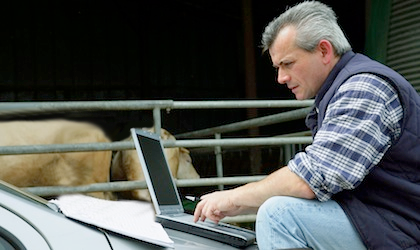
Opportunities for Open Cows
It’s that time of year when driving along the countryside or sitting in the sale barn cows start to show up with an “O” drawn on her side as the Veterinarian called her open on pregnancy check day.

Eating Like a Pig is Healthy
On Thursday, February 25, 2016, Dr. Eric Berg gave a presentation at South Dakota State University on “Eating Like a Pig: The Role of Meat in the Human Diet” as part of the University’s Speakers series.

Anaplasmosis: Is it a problem in the Northern Plains?
Cattle producers have been hearing more and more about a disease called anaplasmosis. This disease recently appears to have become more common in areas not previously affected. The disease is typically associated with cattle herds in warmer areas of the country, but is it ever a problem up here on the Northern Plains?
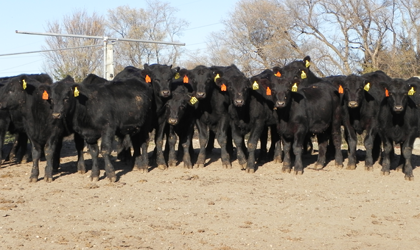
And They’re Off! Winning the Calf Starting Race
Feeding cattle successfully is a bit like a horse race; a bad start can doom the chances of winning. Getting calves off to a great start is crucially important if we want to maintain health and performance throughout the feeding period.
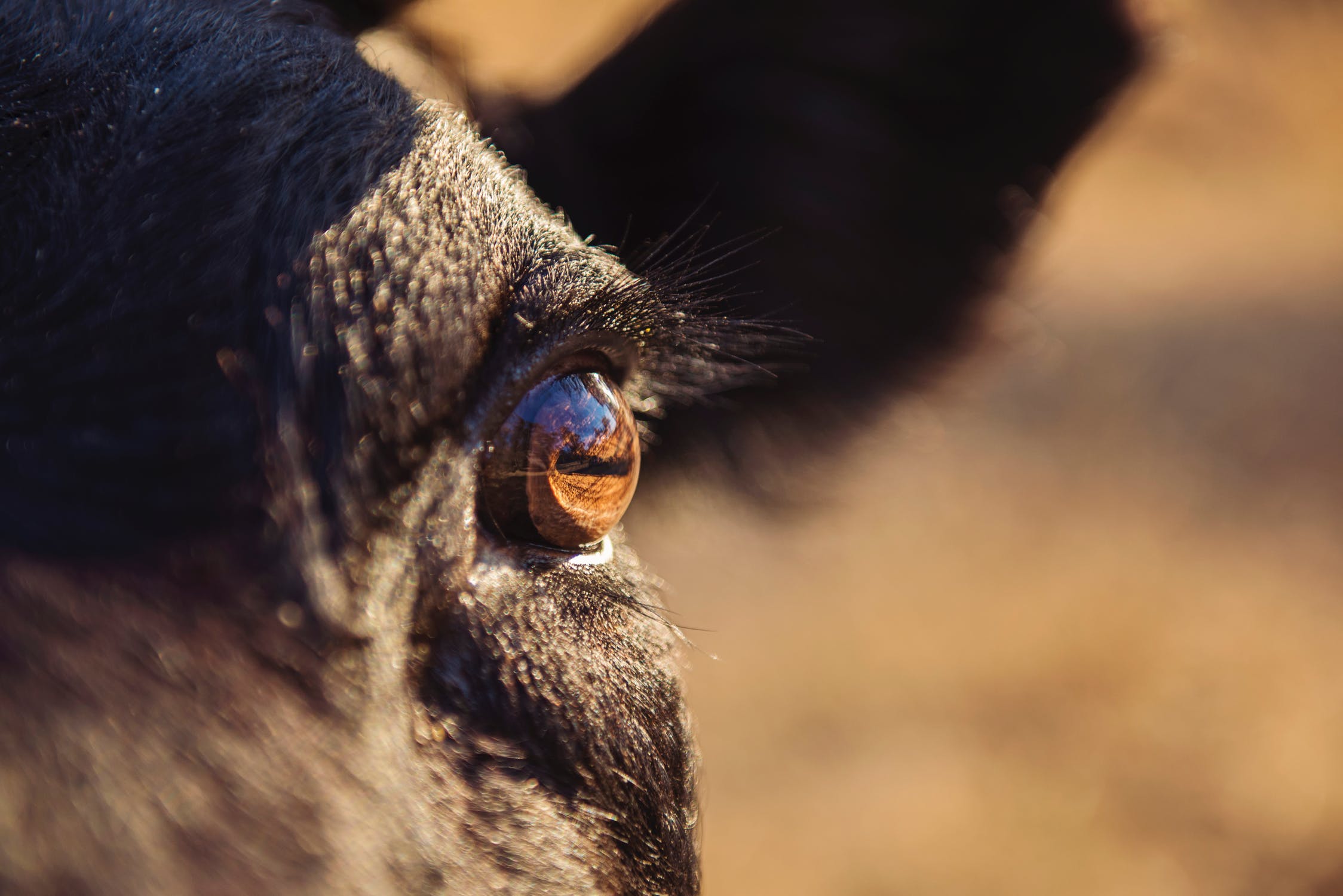
Anthrax: Vaccination Considerations
Anthrax is caused by bacteria, Bacillus anthracis, which has the ability to form very resistant spores in the soil. These spores can remain viable for many years on pasture, and become reactivated when the right environmental conditions exist. Fortunately for cattle producers, losses due to anthrax can be prevented through use of a vaccine that has proven its effectiveness through the years.